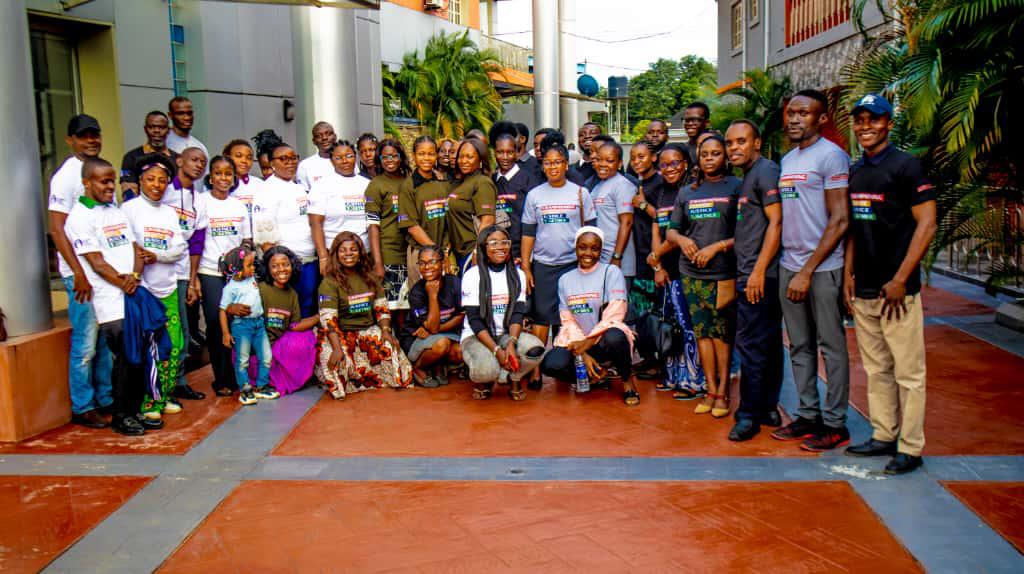ActionAid, CIF Charge Policy Makers on Youth Inclusion in Climate Decision-Making
Leaders and policy makers in Nigeria have been urged to include youth in climate decision-making processes, as a key step towards achieving climate justice and a sustainable future.
The charge was issued during the 2025 South-South Regional Local Conference of Youth (LCOY Nigeria), organised by Clement Isong Foundation (CIF), in partnership with ActionAid Nigeria,
on the theme; “Youth at the Forefront of Climate Justice: Accelerating Action for a Just Transition,”
Setting the tone, Executive Director, Clement Isong Foundation, Mr. Elkanah Oluyori
urged the youth to take ownership of climate solutions rather than wait to be included. He called for courage, innovation, and leadership in building sustainable alternatives. “Are we going to be the victims or the vanguards of the crisis” he asked
The Project Lead, CIF, Dr. Caroline Gordian, in her speech highlighted the importance of empowering young people, women, and marginalized communities to promote climate accountability, democratic governance, and sustainable livelihoods.
Dr. Gordian who assured that empowerment has been the focus of the Strategic Partnership Agreement (SPA II) project, implemented by ActionAid Nigeria and funded by DANIDA, noted that when youth are equipped with the right tools and platforms, they become active creators of change, not passive recipients of aid.
Delivering a keynote address on the conference’s theme, Executive Director, Policy Alert and Acting Chairman of the Akwa Ibom State Government Climate and Oil Derivatives Accountability (AKGCODA), Mr. Tijah Bolton-Akpan, called for justice-centered climate action, accountability in the fossil fuel sector, and youth inclusion in policy frameworks.
Challenging the youth to push for accountability and transparency from leaders, Bolton-Akpan said; “Do not just ask questions—question the answers.”.
He also tasked the federal governments of Nigeria and private actors on climate Justice to move from policy drafting to implementation, by consciously working to ensure that youth are part of decision-making spaces.
A communique issued at the end of the meeting therefore identified youth as key drivers of the Just Transition — leading solutions for climate justice, energy transition, and sustainable livelihoods. It further declared climate justice a moral and human rights issue that demands intergenerational collaboration and inclusive governance.
” Agroecology, renewable energy, and innovation are powerful pathways for resilience and green job creation. Governments and private actors must move from policy drafting to implementation, ensuring youth are part of decision-making spaces. Digital activism and technology amplify youth voices and hold leaders accountable for environmental governance”. The communique stated
While acknowledging the resilience, creativity, and leadership skills of young people as key drivers shaping a sustainable and equitable future, the 2025 South-South Regional Local Conference of Youth (LCOY Nigeria) made strong case for amplified regional voices, as well as linking local solutions to global advocacy.
